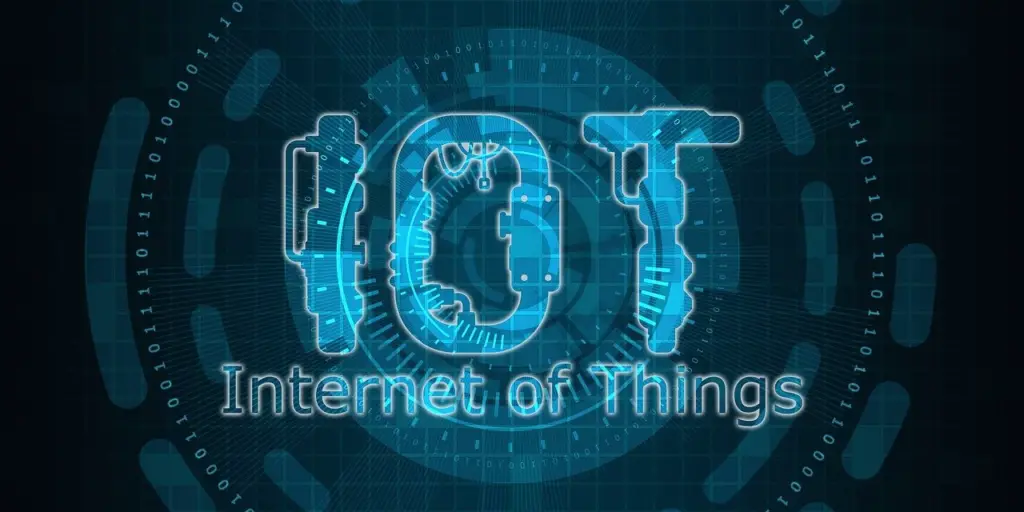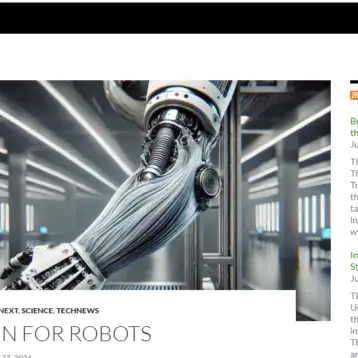
Linux has become the industry standard for both servers and desktop computers alike as the most widely used operating system. Now, as the Internet of Things market continues to grow, tech developers are looking to Linux to power their network of smart devices across homes and businesses. Many manufacturers using Linux for embedded systems find it to be superior to other options. If you’re curious about whether you should be considering Linux for your smart devices, here are five reasons why it’s the most popular embedded operating system.
Affordable
Linux is an open-source operating system, meaning it’s free to install and use. The basic software required by the average user and the more advanced versions of the operating system for techies and developers are both available to users worldwide. Anyone has access to its code and can change and redistribute it. Linux is not owned by a single entity but receives support from thousands of tech connoisseurs and programmers. Even if you do have to purchase a version of Linux, you only make a one-time purchase, regardless of how many devices you use it on.
Readily-available tech support
Due to Linux’s popularity, many programmers are familiar with the operating system. If you ever run into any issues or need support during your development process, finding an expert to help is a breeze. Additionally, finding skilled developers to add to your team is similarly hassle-free, and often they’ll require little to no training. It’s easy for beginners to learn Linux with the sheer number of resources available and hands-on experience readily available at all times. With other operating systems owned by name-brand companies, finding help often requires going directly to those businesses rather than sourcing from a vast pool of talent.
Security
Linux’s open-source code makes it possible for any programmer to create their own operating system distributions. With the wide variety of Linux versions, it’s much more challenging to unleash and disseminate viruses. If you’re battling a tug-of-war between Linux and Windows, remember that Windows operating systems are at a much higher risk of becoming compromised because far fewer versions are available.
For those still not convinced, Linux also allows you to assign account privileges to users, and with fewer people granted administrator status, it’s difficult for any viruses to corrupt core processes. Any viruses downloaded will only gain access to individual users’ personal files and programs, leaving the rest of your data protected and untouched. Linux is constantly under review by software programmers due to its open-source accessibility, ensuring that its security flaws are almost always covered.
Customization options
Customizing Linux is far easier than customizing other operating systems. Its open-source nature means you can either find or create a version of Linux that caters directly to your system development needs. Pick and choose the features you want to increase efficiency, and adapt the program to new technologies at any time. You can determine what desktop environment you prefer and combine programs to create extremely powerful applications. It’s easy to write shell scripts and command Linux to prioritize your vision for embedded systems.
Scalability
Linux can run on a variety of products, from your small PC to large, complex systems. Not only does this flexibility allow you to upgrade software more efficiently and increase compatibility between hardware pieces, but you can also update Linux without needing to reboot the system. As your business grows, your operating system should grow as well, and Linux makes transitioning after major business development milestones simple.
The bottom line
Using Linux for your embedded systems is a no-brainer. The plethora of Linux users alone makes a compelling case for adopting the operating system for your embedded systems. However, Linux’s customization options and affordability can cater to any business’s development needs.







